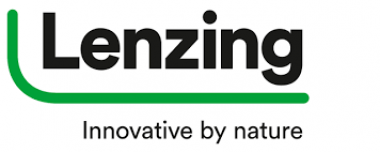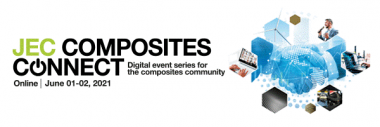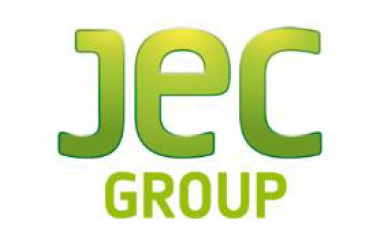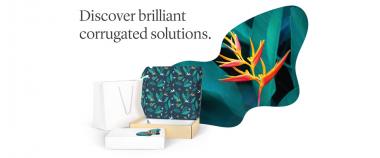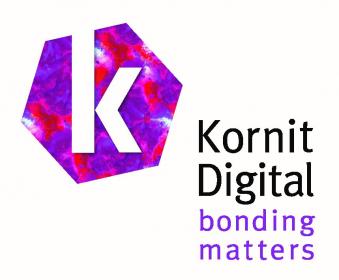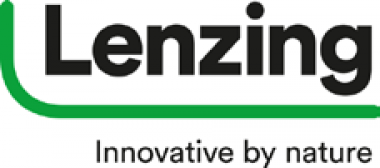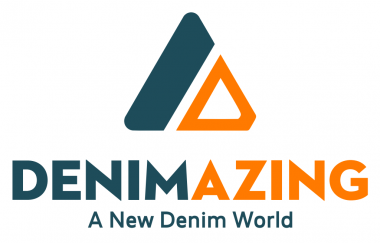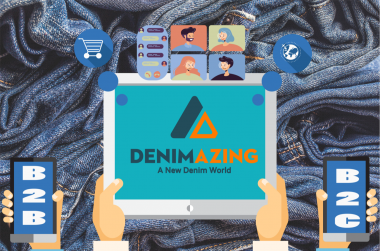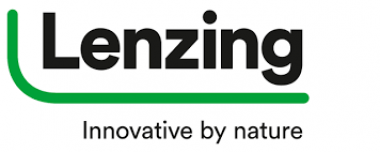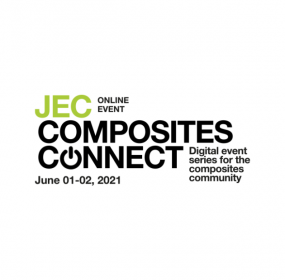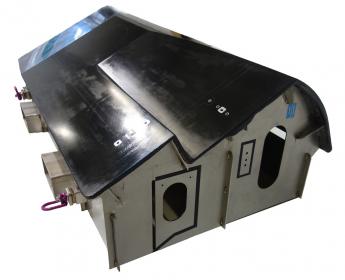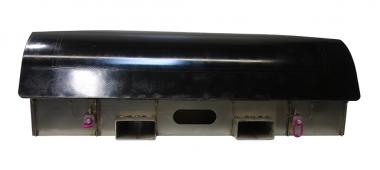GREENBOATS, Sicomin and Bcomp Selected as JEC Innovation Awards 2021 Finalists
GREENBOATS, Sicomin and Bcomp are nominated as finalists for the JEC Innovation Awards 2021. The three project partners have been selected as finalists in the awards’ Renewable Energy category for their innovative Green Nacelle – the first offshore nacelle manufactured with natural fibre composites (NFC).
The Green Nacelle was designed by NFC innovators GREENBOATS, who were also responsible for the structural engineering, manufacturing and assembly of the nacelle. By incorporating Bcomp’s ampliTex™ flax reinforcements, FSC certified balsa wood cores and bio-based resins, the Green Nacelle’s NFC construction saves approximately 60% CO2 equivalent and reduces the energy consumption by over 50% compared to a nacelle made with existing GFRP technology.
In addition to the lower CO2 footprint, the natural fibre composite structure also introduces viable options for the end of the nacelles’ life unlike traditional GFRP structures - an issue of increasing concern for the wind energy sector that presents a great opportunity for natural fibre composites to bring a sustainable change to this market.
Sicomin, the formulator and supplier of the leading range of GreenPoxy bio-based epoxy resin systems, supplied its DNV GL approved InfuGreen 810 resin system that was used to infuse the Green Nacelle’s main structural sandwich panels, as well as providing intumescent FR gelcoats, bio-based laminating resins and UV resistant clear coatings for the groundbreaking new nacelle. Materials, as well as on-site technical support, were delivered by Sicomin’s German distributor TIME OUT Composites.
The winners of the awards will be announced during JEC Connect which will be held on the 1st and 2nd June 2021.
100% Marketing








